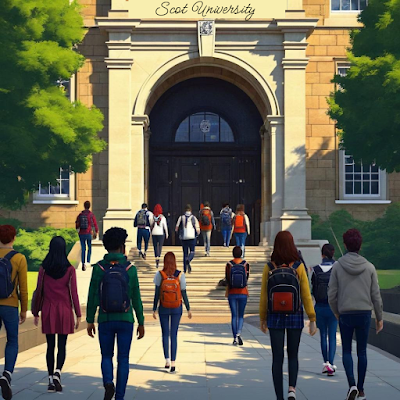NEP 2020 Recent News
The National Education Policy (NEP) 2020 was introduced to transform India's education system by enhancing quality, equity, and accessibility. Replacing the 1986 policy, it emphasizes skill-based learning, reduces rote memorization, and ensures foundational literacy and numeracy.
New Reforms in NEP 2020
Four years into its rollout, NEP 2020 has introduced a range of reforms in both school and higher education. The National Curriculum Framework for the Foundational Stage (NCF-FS) and the Jadui Pitara learning kit promote play-based learning for children aged 3-8. Engineering and medical programs are now offered in regional languages, with JEE and NEET conducted in 13 languages. Over 105 universities, including 19 central institutions, have implemented the Four-Year Undergraduate Program (FYUP), offering flexibility and multiple exit options. IITs are expanding globally, with IIT-Madras opening a campus in Zanzibar and IIT-Delhi planning one in Abu Dhabi. Digital initiatives like Pradhan Mantri e-VIDYA and DIKSHA ensure universal access to quality education.
Handling Exam Failure Under NEP
In December 2024, a major shift occurred when the government took back the No Detention Policy for Classes 5 and 8. Previously, students were promoted regardless of academic performance, leading to weak foundational knowledge. Now, those failing year-end exams must retake them within two months, and failure again results in repeating the grade.
NEP Focus on Equity
To ensure equity, a Gender-Inclusion Fund has been established to support girls and transgender students. Special Educational Zones focus on marginalized communities, while the Vidyanjali Portal connects volunteers and organizations to strengthen government schools. These initiatives reflect the government's commitment to bridging gaps and ensuring the successful transformation envisioned by NEP 2020.
Government Implementation of NEP
The government has also been actively implementing NEP through initiatives like the PM SHRI Scheme, upgrading over 14,500 schools into model institutions. Digital education efforts have been strengthened, focusing on bridging the digital divide through teacher training and infrastructure development. Programs like PMGDISHA aim to improve digital literacy in rural areas, ensuring equitable access to technology. The Samagra Shiksha Scheme, with a financial outlay of ₹2.94 lakh crore, supports holistic school education reforms.




Comments
Post a Comment
Thank you for sharing.